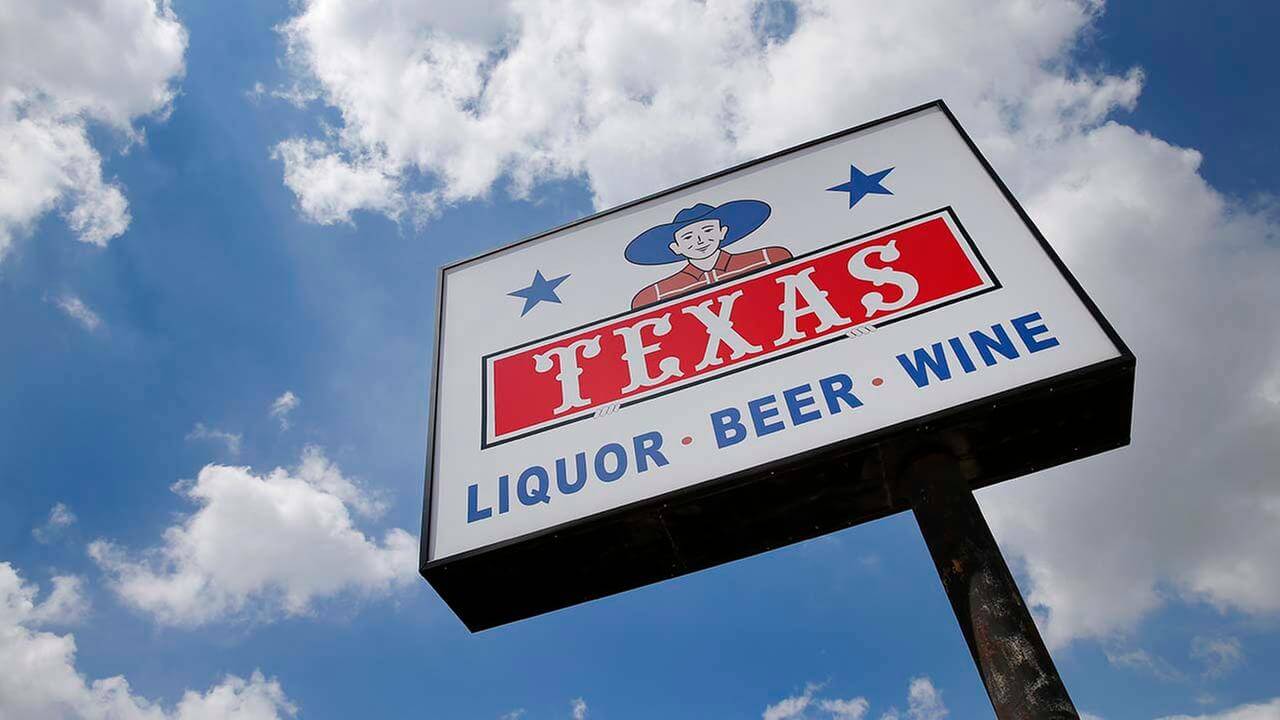How to Get a Liquor License in Texas
Serving alcohol at your restaurant can add much needed revenue and margin for your business. In Texas, there is a myriad of local (county and municipal) and state laws that are applicable to any business seeking to serve alcohol to patrons. To obtain a license to serve alcohol you will need to apply for a license from the Texas Alcohol Beverage Commission (TABC) and any local permits.
The Texas Alcohol Beverage Commission is responsible for granting, refusing, and maintaining the licensing regime in Texas. They also have the duty to supervise, inspect, and regulate license holders and the industry. The TABC will be your friend in determining how to appropriately serve and sell alcohol through your business. I strongly recommend reading or re-reading their industry guide on their website, HERE.
The first step in getting your alcohol license is to determine what type of license, permit, or certificate is applicable to your business. There are many types in Texas, but most restaurants will typically fall into the Food and Beverage certificate category which is available to holders of the Beer Retailer’s On-Premise Permit. A restaurant will fall into the food and beverage category when food service is the primary business and the gross receipts of alcohol are not more than 50% of total gross receipts. Other common categories include private clubs, wholesalers, and brewer’s permit. Once you have determined which license is applicable to your business, you will need to prepare a application packet. This packet is available from the TABC website, HERE.
After completing the appropriate application packet, be sure to submit it to the correct office. Some larger metro areas such as Harris and Travis counties have their own dedicated TABC field offices which will handle the application and review. Submitting it to the wrong office can result in unnecessary delays adding to the already lengthy 45-60 day application review period.
During this application waiting period, you should familiarize yourself with any county or municipal regulations on the serving and consumption of alcohol. There are 7 completely dry counties in Texas which prohibits the sale of alcohol in the county limits. Most counties in Texas have some dry precincts and other wet precincts. Knowing the local regulations that are in addition to the TABC rules and licensing are essential to ensuring your business stays compliant with alcohol laws in Texas. Some local restrictions may include, restriction the sale and consumption to on or off premises, zoning regulations, and even additional municipal licensing for the business.
Once the TABC application is reviewed, it may be approved or it may require an interview with the TABC. This will depend on the specifics of the license you are seeking and the type of business you are operating. Some licenses, including a beer and wine permit will require a court hearing. At the court hearing the TABC will present the facts of the application and their recommendation to the judge for final approval or disapproval. After all of the approvals are received, you will also need to have a site inspection and review by the TABC. These site inspections will be ongoing throughout your licensing as the TABC has the duty to supervise licensees.
Renewing your license is very important. Restaurants who forget to submit a timely renewal application will lose the ability to serve alcohol and nearly always suffer a loss in revenue and profits. Keep your calendar marked and current for your renewal period and don’t forget to send it on time.
If you are seeking to serve alcohol at your business and would like a free consultation about how Reidel Law Firm can help, call us today at (832)510-3292. Or use the email button below.
Schuyler “Rocky” Reidel


